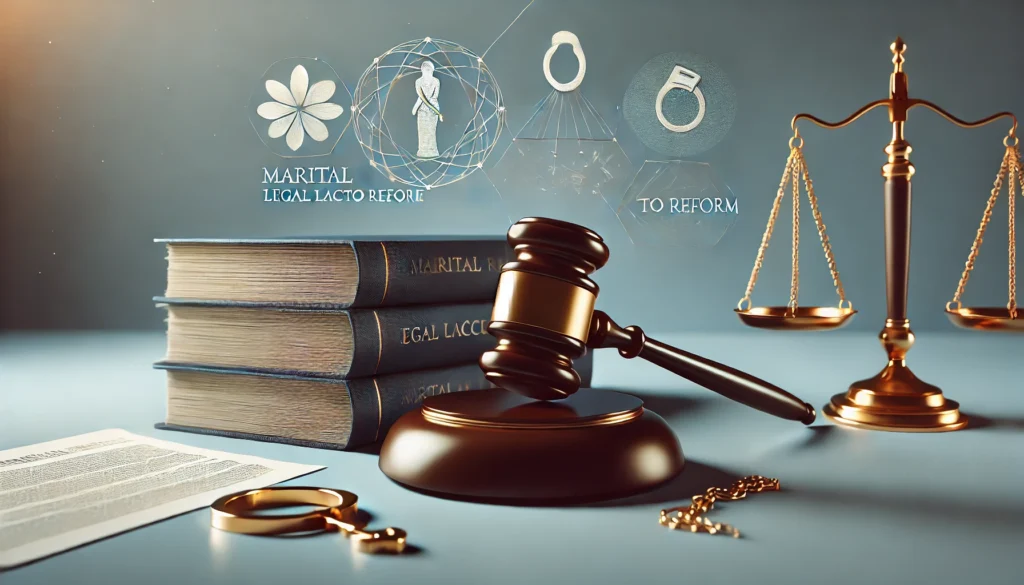Published On: 6th September, 2024
Authored By: Lakshmi S Nair
Government Law College, Thiruvananthapuram, Kerala
Equivalent Citations: 1950 AIR 124, 1950 SCR 594, AIR 1950 SUPREME COURT 124
Court: Supreme Court of India
Bench: Justice Fazl Ali, Justice Patanjali Sastri, Justice Mahajan, Justice Mukherjea, Justice Das
Date of Judgment: May 26, 1950
Facts:
Romesh Thappar, a renowned journalist, was the editor of a weekly journal called “Cross Roads” published in Mumbai. The Government of Madras (now Chennai) banned the entry and circulation of this journal in the state under Section 9(1-A) of the Madras Maintenance of Public Order Act, 1949. The reason cited was that the journal’s content was considered prejudicial to public order, thus justifying its prohibition.
Issues:
- Whether the ban imposed by the State of Madras on the journal “Cross Roads” violated the fundamental right to freedom of speech and expression under Article 19(1)(a) of the Indian Constitution.
- Whether Section 9(1-A) of the Madras Maintenance of Public Order Act, 1949, was constitutional.
Arguments:
- Petitioner (Romesh Thappar): The ban on the journal infringed upon his fundamental right to freedom of speech and expression. It was argued that such restrictions were not permissible under Article 19(2) of the Constitution, which only allowed for reasonable restrictions on the grounds of security of the state, friendly relations with foreign states, public order, decency, morality, or in relation to contempt of court, defamation, or incitement to an offense.
- Respondent (State of Madras): The State argued that the ban was justified to maintain public order and prevent the spread of discontent and disturbance.
Laws discussed in this case:
- Constitution of India: Article 19, sub-sections (1)(a) and (2), Article 32, Article 226
- Madras Maintenance of Public Order Act (XXIII of 1949): Section 9(1-A)
Judgment: The Supreme Court held that the freedom of speech and expression guaranteed by Article 19(1)(a) is essential for the functioning of democracy. The court observed that Section 9(1-A) of the Madras Maintenance of Public Order Act, 1949, which empowered the government to impose such bans, was inconsistent with Article 19(2) of the Constitution.
The court reasoned that “public order” is distinct from “security of the state.” While disturbances of public order may not necessarily threaten the security of the state, they can still be serious. However, the restrictions under Article 19(2) must be interpreted strictly and narrowly. The phrase “in the interests of public order” was found to be too broad and vague, leading to potential misuse.
Conclusion:
The Supreme Court declared Section 9(1-A) of the Madras Maintenance of Public Order Act, 1949, unconstitutional and void, as it went beyond the permissible limits of restrictions on freedom of speech and expression under Article 19(2). Consequently, the ban on the journal “Cross Roads” was lifted, reaffirming the importance of freedom of speech and expression in India.
Significance:
This landmark judgment played a crucial role in defining the scope of freedom of speech and expression in India. It emphasized that any restriction on this fundamental right must be narrowly tailored and strictly within the limits prescribed by the Constitution. The case underscored the judiciary’s role in protecting civil liberties against excessive state interference.
References:


